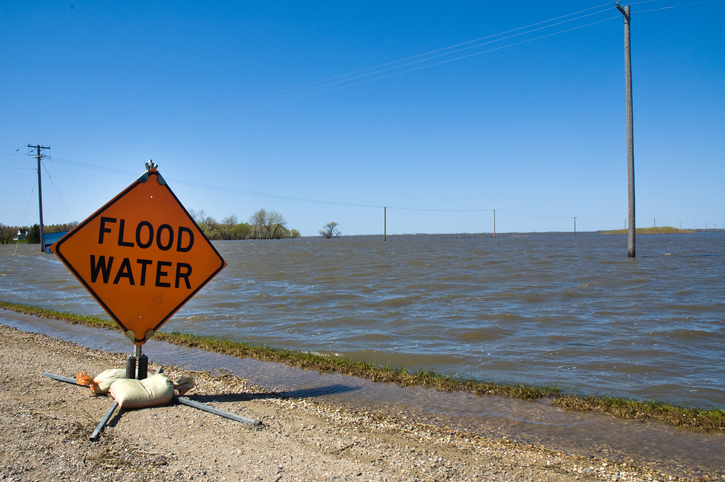Yesterday, the governments of Canada and Manitoba announced that they will cost share up to $540 million in new flood management infrastructure for the Lake Manitoba and Lake St. Martin outlet channels.
The announcement was made by Brian Pallister, Premier of Manitoba, and Jim Carr, Minister of Natural Resources Canada. The Government of Canada will provide $247.5 million for the project and Manitoba will provide matching funds in the amount of $247.5 million plus an additional $45 million to complete the project.
“After 60 years of inaction, we are proud to stand today alongside our partners in the federal government to announce this vital project. We are focused on completing this project in a timely fashion to better protect Manitobans who have sacrificed so much,” said Premier Pallister.
This is the first project to be funded under the recently launched Disaster Mitigation and Adaptation Fund, which is part of the federal government’s Investing in Canada plan.
The project consists of building two approximately 23-kilometre-long diversion channels: the Lake Manitoba Outlet Channel will run northwards from Watchorn Bay on Lake Manitoba to Birch Bay on Lake St. Martin; the Lake St. Martin Outlet Channel will run northeast from Lake St. Martin to Lake Winnipeg south of Willow Point. The project also involves building bridges, water control structures, a 24-kilovolt distribution line, and adjusting surrounding highway infrastructure.
The governments of Canada and Manitoba identified the Channels Project as a major priority due to severe flooding in the area in 2011 and 2014. These disasters resulted in extensive damage to homes, businesses and infrastructure in the province, as well as emergency evacuations, particularly for communities around Lake St. Martin.
“This funding shows that the Government of Canada is taking concrete steps to protect the vulnerable communities around Lake Manitoba and Lake St. Martin from disasters like the 2011 and 2014 flooding,” said Minister Carr. “Mitigating the effects of natural hazards before they happen is critical to reducing the devastating social, personal and economic costs of recovering after the fact.
The project will significantly reduce the flood damage experienced by First Nations located along Lake St. Martin, complementing other regional flood protection infrastructure to ensure a more comprehensive provincial water control network that enables the province to effectively manage flows from the Assiniboine River and Lake Manitoba watersheds spanning Manitoba, southeastern Saskatchewan and the northeastern North Dakota.









